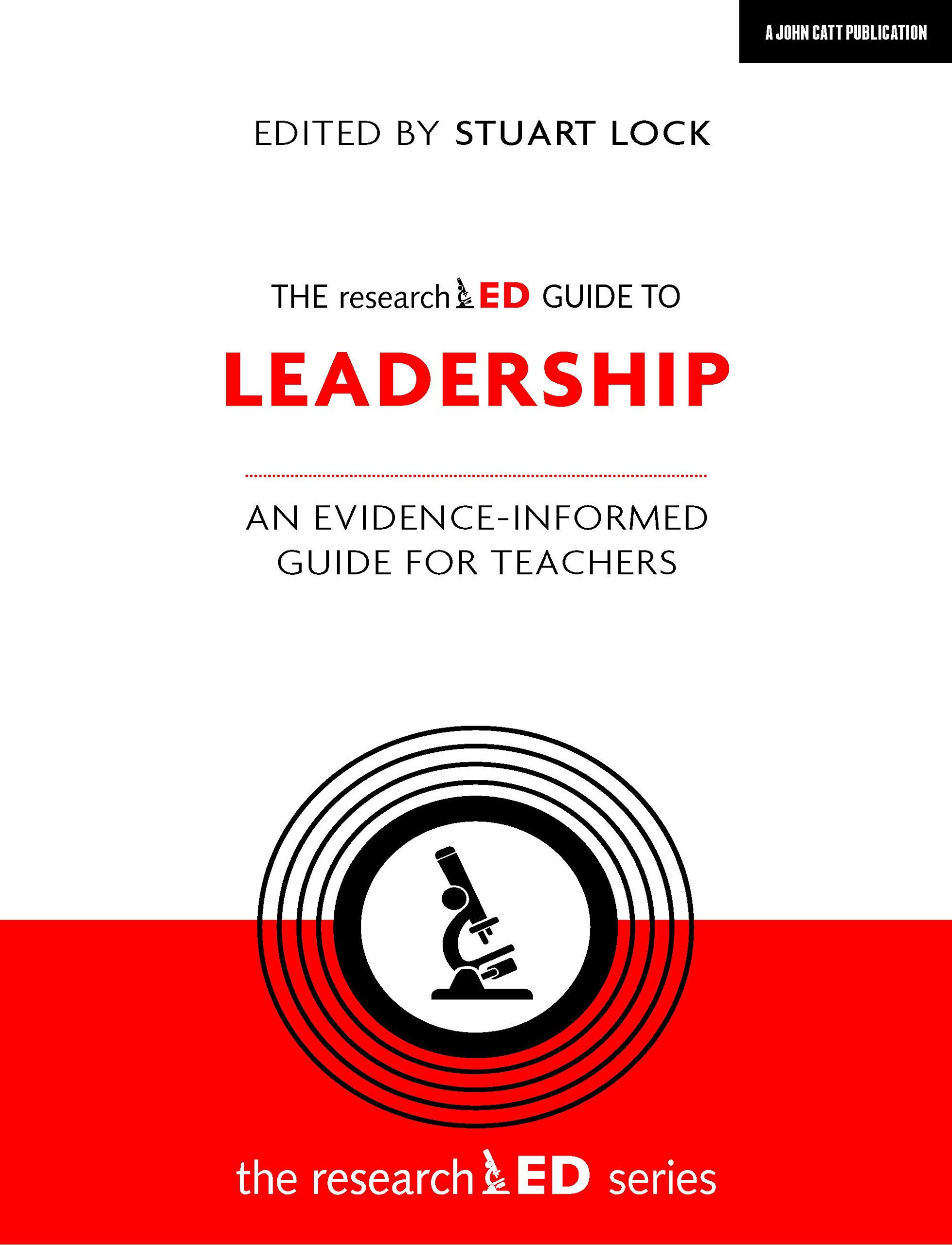The researchED Guide to Leadership
Brief notes on some chapters in the researchED Book of Leadership: an evidence-informed guide for teachers, edited by Stuart Lock.
Two early chapters by Jen Barker and Tom Rees are very good on expertise, mental models and leadership knowledge (as opposed to generic approaches to school leadership).
Sarah Barker writes well about 'Leading a Department' as an English teacher.
The Reading Ape gives a highly-informed if seriously dense overview on how reading develops (or not).
There is a top-class chapter later on by Dylan Wiliam on 'Learning and Memory' for school leaders not familiar with ideas like massed practice and the law of disuse (my impression is that lots of leaders aren't familiar with this territory).
Danielle V. Dennis's chapter on 'Prioritising Teaching Children to Write' is supposedly about the primary sector, but I found it very helpful as a teacher of older children.
Jon Hutchinson’s ‘Professional development through instructional coaching’ presents an admirable matrix (helpfully summarised in a chart on page 209).
The final chapter, by Matthew Evans, is excellent on complexity. We are rarely going to make perfect decisions.
‘Order is desirable in a school, but stability and predictability are exceptions within a system which thrives on uncertainty and disorder.’
‘Our efforts to create order never end as entropy is at work: a continuous undoing and tendency towards disorder.’
‘We should not attempt to control our environment and be too certain in our leadership of it, rather our rule is to reduce disorder through simplification, stability and less uncertainty.’
‘Leaders must calibrate their interpretations with as diverse a range of cognitive perspectives as possible. Managerial certainty often reflects a lack of cognitive challenge.’
‘Learning the limits of our leadership is not an admission of impotence. We wield most power when we intervene selectively, knowing when to act and when to step back.’
